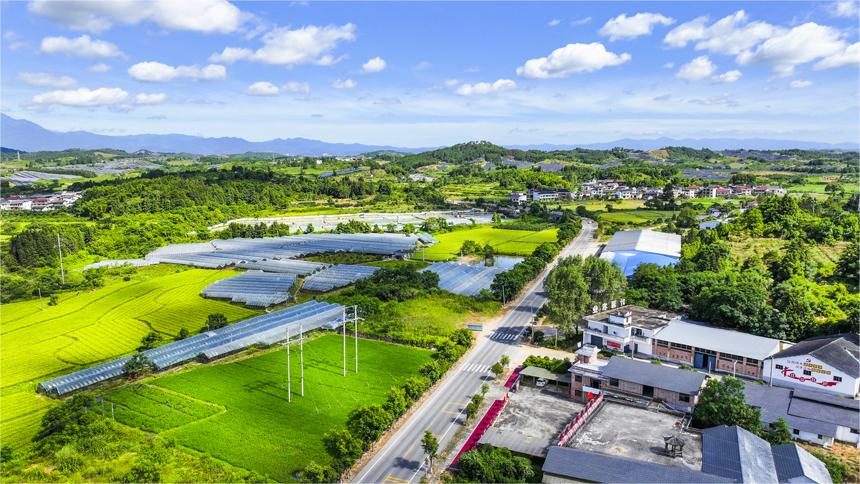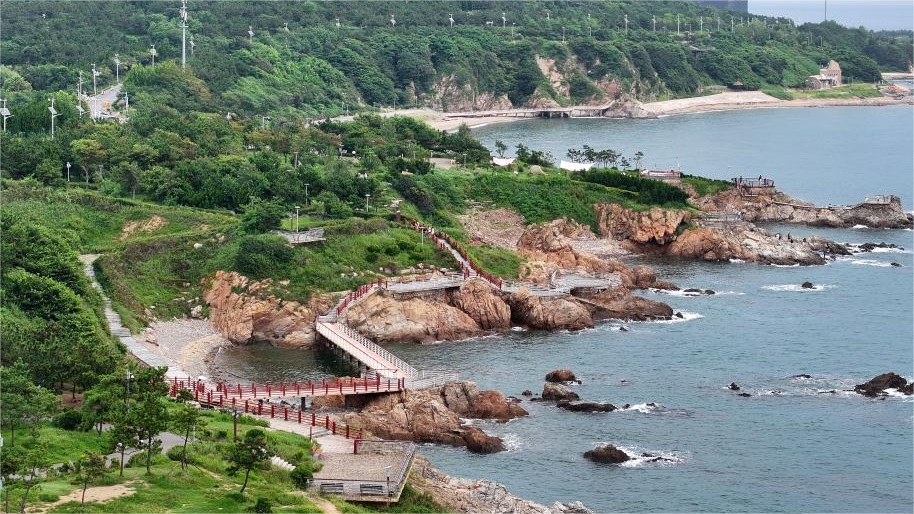Immunotech Biopharm highlights China's push for new quality productive forces
BEIJING, Aug. 16 (Xinhua) -- Located 20 kilometers southeast of downtown Beijing, Immunotech Biopharm Co., Ltd. is operating at full capacity, producing the company's core product, expanded activated lymphocytes (EAL), a drug used to treat tumors.
The drug, as the first cellular immunotherapy product in China approved for the second phase clinical trials for treating solid tumors, is currently undergoing trials at 15 top-tier hospitals nationwide, involving 430 participants of different ages.
Founded in 2006, Immunotech is the first domestic pharmaceutical company to develop cellular immunotherapy products. It went public on the Hong Kong Stock Exchange in 2020. The company's facility is the largest of its kind producing cellular immunotherapy drugs in China, covering an area of nearly 30,000 square meters.
Apart from EAL, three more of the company's products that treat blood cancer have also entered the clinical trial stage.
Cellular immunotherapy uses the cells of people's immune system to fight cancer. The whole process involves drawing blood from the patient, activating the collected cells to enhance their tumor-killing capabilities, and then reintroducing these activated cells into the patient, said Wang Yu, founder and CEO of Immunotech Biopharm, in an interview with Xinhua.
As a supplementary approach for post-surgery treatment, the therapy can be used alone or in combination with other treatments, such as targeted therapy and chemotherapy, according to Wang.
Regarding the company's distinctive features, Wang drew attention to Immunotech's individualized products. "The drugs that each patient uses are distinctive, as one person's cells can be rejected by another person's body," she said.
Wang highlighted the unique challenges associated with blood sampling, cell production, storage and transportation. To address these challenges, her company has invested significantly in intelligent production, automated equipment and information management to increase efficiency and ensure safety in the entire life cycle.
Enterprises have always been the backbone of China's tech innovation, propelling the evolution of new quality productive forces. Marked by innovation and with high quality as the key, new quality productive forces are, in essence, advanced productivity.
The report to the 20th National Congress of the Communist Party of China specifically highlighted the development of strategic emerging industries and cultivation of new growth engines such as next-generation information technology, artificial intelligence, and biotechnology.
Today, Immunotech Biopharm, which holds nearly 80 core technology patents in key steps such as cell preparation, is constructing a cutting-edge 120,000-square-meter industrialization base in Beijing to boost production capacity.
The biopharmaceutical industry is one of the most dynamic and influential sectors of the 21st century. While China entered the field later than others, its growth has been rapid and impressive.
According to data released by the Ministry of Industry and Information Technology in October 2023, China's pharmaceutical industry had seen its main business revenues grow at an annual average of 9.3 percent since the beginning of the 14th Five-Year Plan period (2021-2025).
The broader context of China's industrial and technological advancements further underscores the significance of Immunotech's contributions. The Beijing Economic-Technological Development Area, where the company is located, has experienced substantial growth, with over 4,800 biopharmaceutical enterprises now operating within its boundaries.
"As a disruptive and frontier technology, synthetic biology is becoming a new engine for the creation of new quality productive forces," according to Liu Li, deputy director of the area's management committee.
Nationally, China has also made notable progress in the sector. Bi Jingquan, deputy director of the economic committee of the National Committee of the Chinese People's Political Consultative Conference, the top political advisory body, noted that since 2015, China's drug regulatory agency has approved 147 new anti-tumor drugs, with 65 of these manufactured domestically, when attending the Global Health Forum of the Boao Forum for Asia in July.
This achievement highlights China's growing influence in global biopharmaceutical advancements and underscores the country's leadership in addressing major health challenges.
Peter Guenter, CEO of Healthcare at Merck Group, Germany's leading science and technology company, forecast that many of the next generation's innovative drugs for treating patients in the decades to come would originate in Chinese research labs.
Immunotech Biopharm's story is a testament to the broader trends shaping China's industrial landscape. Driven by the country's unwavering focus on innovation, the added value of the large-scale, high-tech manufacturing industry clocked up a robust annual growth rate of 10.3 percent from 2013 to 2023. Accordingly, its global ranking in innovation has increased markedly, while strategic emerging industries have taken a larger share in the national economic output.
Looking toward the future, Wang noted that as long as there is continuous R&D innovation, along with sustained and stable investment, the scale of China's biopharmaceutical industry and cell therapy industry will continue to grow and become a significant component of the global market.
Photos
Related Stories
- 19 fresh professions released in China to keep pace with demand of new quality productive forces
- Powering new quality productive forces: Quantum technology
- Powering new quality productive forces: AI
- China unleashes new quality productive forces in push for reform, innovation
- Industry insiders see opportunities in China's pursuit of new quality productive forces
Copyright © 2024 People's Daily Online. All Rights Reserved.









